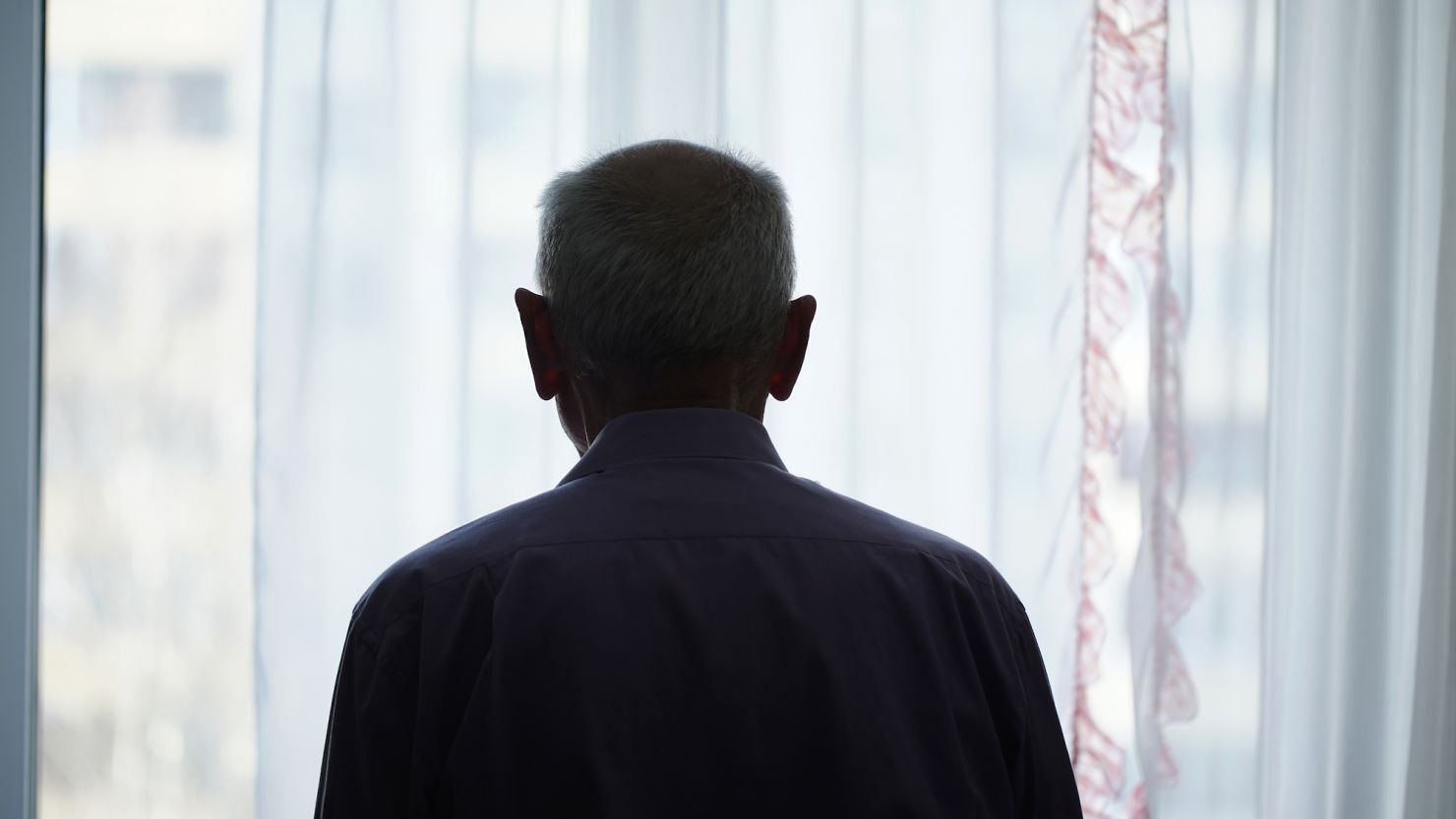If you feel lonely, you’re actually in good company: Nearly 1 in 4 adults across the world have reported feeling very or fairly lonely, a new?Meta-Gallup survey has found.
The new survey, taken across 142 countries, found 24% of people age 15 and older self-reported feeling very or fairly lonely in response to the question, “How lonely do you feel?”
The survey also found that the rates of loneliness were highest in young adults, with 27% of young adults ages 19 to 29 reporting feeling very or fairly lonely. The lowest rates were found in older adults. Only 17% of people age 65 and older reported feeling lonely.
Over half of adults age 45 and older reported not feeling lonely at all, while the majority of those younger than 45 answered that they felt at least a little lonely, if not very or fairly lonely.
“There is a lot of research pointing to the dangers of loneliness and social isolation among older adults,” Ellyn Maese, a senior research consultant with Gallup, told CNN. This survey “is a really good reminder that loneliness is not just a problem of aging — it’s a problem that can affect everyone at any age.”
While there was little or no difference in the reported loneliness between men and women, some countries had substantial gaps in both directions, depending on the country’s cultural context, Maese said. Overall, 79 out of the 142 countries had a higher self-reported rate of loneliness in women than men.
There is a loneliness epidemic
About 1,000 people per country were surveyed from June 2022 to February 2023, through a mixture of phone calls and face-to-face surveys. The countries represent about 77% of the world’s adult population, according to the survey.
The survey also pointed to a December 2020 report from the?World Health Organization?and a May advisory from the?US surgeon general?that illuminate the dangers of loneliness, including a negative impact on mental and physical health that could even lead to?early mortality.
Clinical psychologist?Dr. Ami Rokach, an associate professor at the Center for Academic Studies in Or Yehuda, Israel, was initially surprised by the low number of positive respondents. But Rokach, who has studied the experience of loneliness, believes there may be even higher global rates of people who feel lonely than reported — particularly young adults. He was not involved in the Gallup survey.
Rokach, who also teaches in the department of psychology at York University in Toronto, said that younger people who are in a transitional stage of becoming an adult experience more uncertainty in many areas of life, including “a tumultuous love life, uncertainty about a professional path,?and in the process of separating from their parents.” Young adults are therefore more likely to experience more loneliness than older adults who have already accumulated “wisdom, friends, a family which may be supportive, and a community which cares for them,” he said in an email.
What to do to combat loneliness
While 49% of the total adults surveyed reported not feeling at all lonely, over half had answered that they felt at least a little lonely. Maese said that the findings also served as an opportunity to examine the social connections that people still have a strong drive to make following the pandemic.
“Being alone does not necessarily mean loneliness, and many people need to be aware of it,” said Rokach, who is currently working on an academic paper that will address ways to cope with loneliness.
While being alone could be refreshing and energizing, Rokach said, other people could be a buffer against loneliness or help people not feel lonely anymore. “Making friends, volunteering, taking courses where we may meet people, and learning how to be with ourselves and enjoy it, could be very beneficial,” he said.
“Human beings need social connections to thrive, and being embedded in strong supportive networks can protect our wellbeing when we’re faced with difficulties in life,” said?Dr. Olivia Remes,?a mental health researcher at the University of Cambridge in the United Kingdom, in an email. She was not involved in the survey.
Social media is often a tool young adults use to connect with one another, but it can be more harmful than it is good, Remes said, if users are participating in “passive scrolling.” She described the behavior as only taking in the rosy posts of others and comparing it with one’s reality. Remes suggested actively engaging instead by sharing a status update or a picture, interacting with friend’s posts, or sending a private message to a friend.
Within your daily routine, Remes — who is the author of the?book “The Instant Mood Fix,”?which includes strategies for combating loneliness — recommended talking to as many people as possible. “Taking the steps to practice chatting with those you encounter as you go about your day can pay off. It can make you feel better, boost your mood, and even stave off loneliness,” she said.
Gallup is set to release a report focusing on the global state of social connections on November 1. The research will include these findings as well as other detailed country-level findings to further explore similarities and differences of feelings of loneliness across the globe.
Maese hopes the survey spurs further research on how loneliness can vary by country, age and gender, “and will spur deeper dives into what is going on with loneliness and social connection.”
For everyone, there’s an “opportunity to reduce everyday loneliness in their lives and for other people through social connection,” she said.




